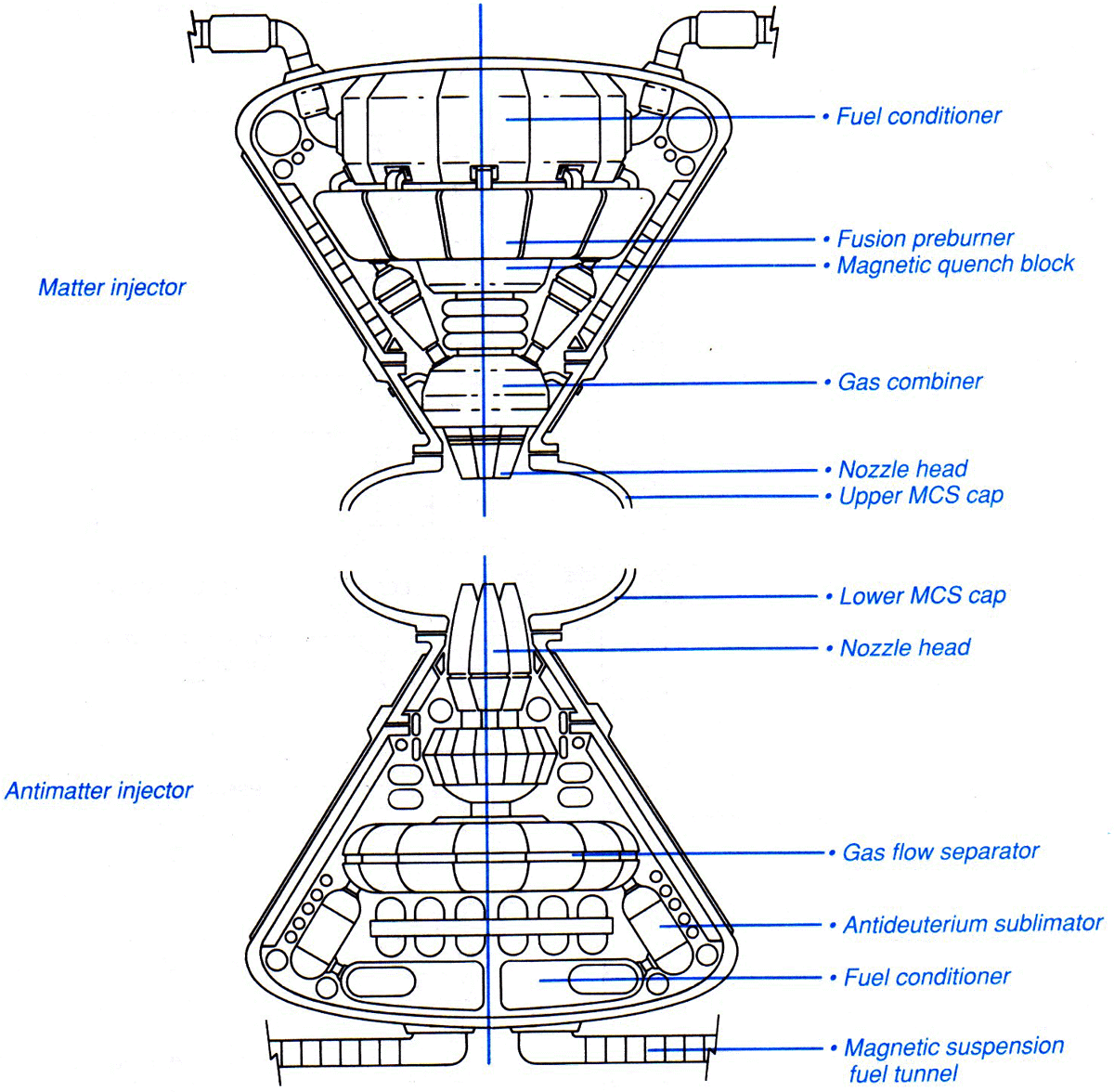I am always fascinated by the classic comparison of modern day electronics complexity to those used in the Apollo program. It's completely understandable given the pace that computers and electronics have advanced and are accessible to any person today given just a small amount of financial resource. But, space travel (or even "just" the moon since it seems so close) is completely out of reach for almost everyone.
I've always been interested and fascinated with space. I also had an interest in electronics and computers since I was very young. So much so that I made a career out of it.
While the Apollo program happened when I was very very young (I wasn't even 3 years old yet), I definitely remember it. I remember my parents taking me outside when I was a little kid and pointing up into the sky at a slowly moving dot of light. They explained to me that it was a spaceship on it's way to the moon. I was too young at the time to grasp the enormity of what they were telling me, but it obviously made enough of an impact that I still remember it today.
Fast forward to many years later, I went to a college where co-operative education was a key part. So, I got a job as a co-op student at the Oak Creek facility of Delco Electronics (now long gone). The company was owned by GM and part of their electronics arm for vehicles. Delco, particularly at this location, also had a significant avionics, space, and military arm mainly doing guidance systems. As part of that, Delco was responsible for the guidance system on the command and lunar excursion modules. While I wasn't there when Apollo was active, I did get the privilege of working side-by-side with a lot of the men and women who were. The overlap was relatively short though as those that were young in those days, were close to retiring by the time I got to know them. Those that were older in the Apollo days had already retired by that time. I truly cherish the people I got to meet and work with knowing the impact they had on our history. Listening to the memories and stories they told will always be with me (particularly the ones relating to Apollo 13 where nothing was used the way it was designed).
Here's a little snippet from one of those gentlemen. I hope you enjoy it!
(sorry for the slight sideline... it got me sentimental)
Jaz
http://www.livinglakecountry.com/blogs/communityblogs/51258287.html



 Boston, MA
Boston, MA
 Breda, Holland
Breda, Holland
 Sunnybank Hills
Sunnybank Hills
 Sana'a
Sana'a

